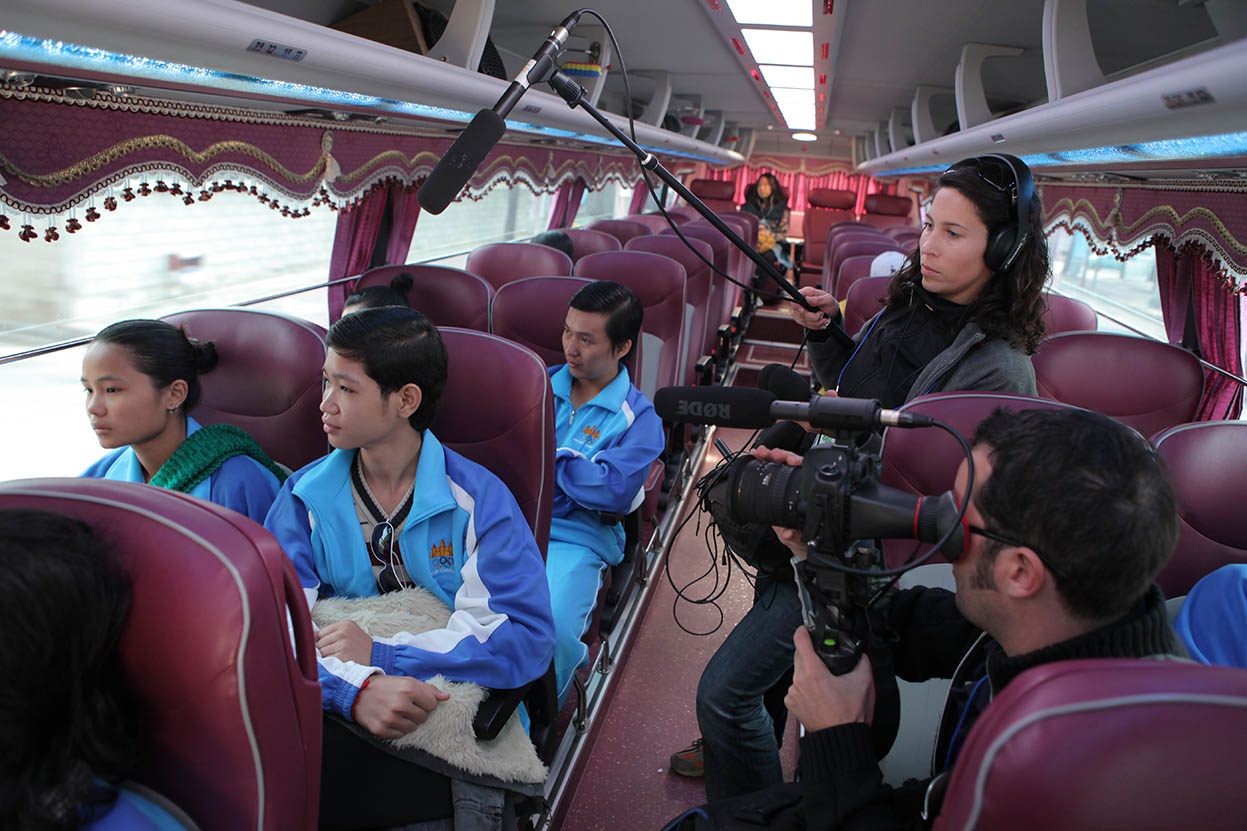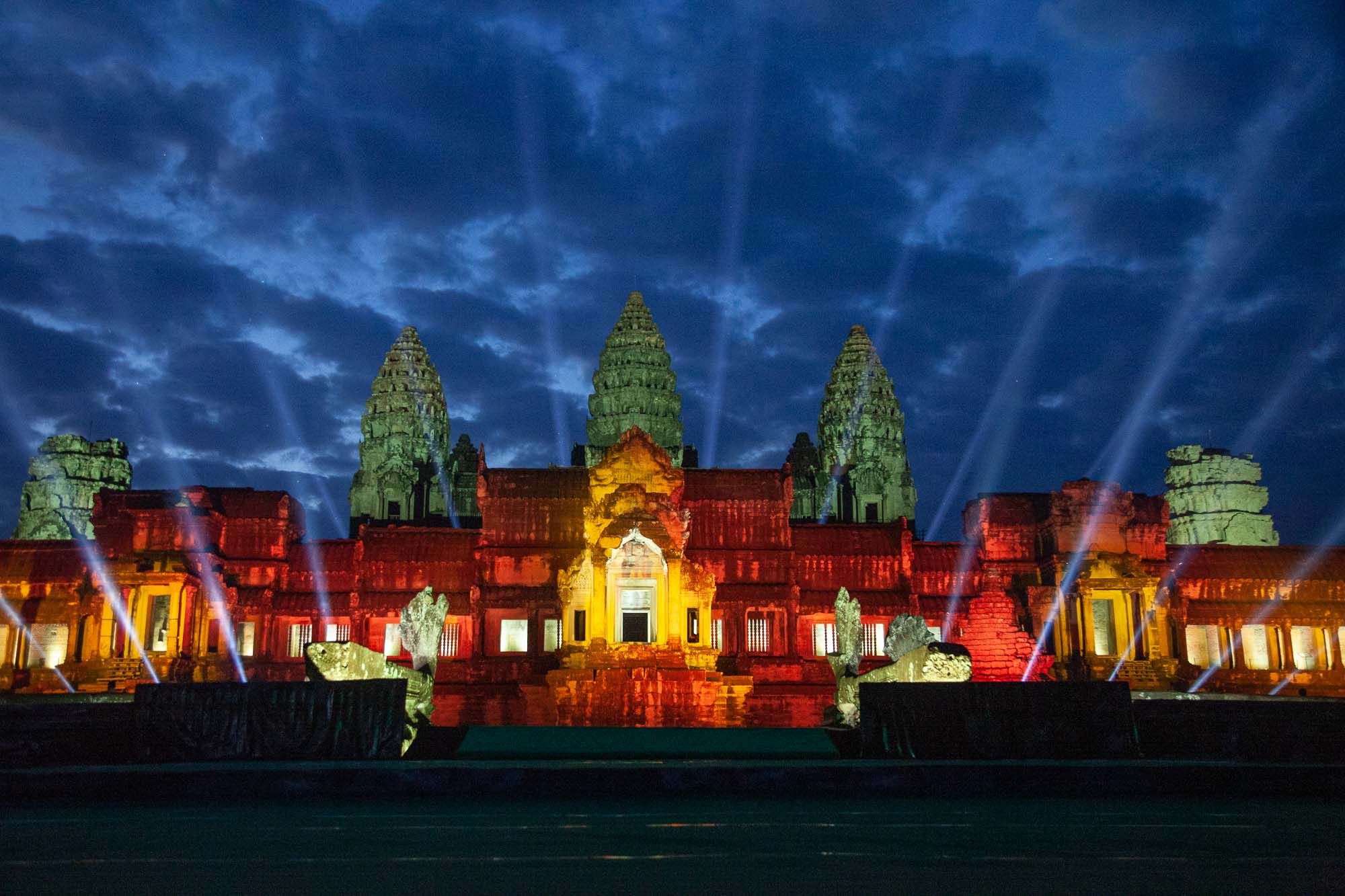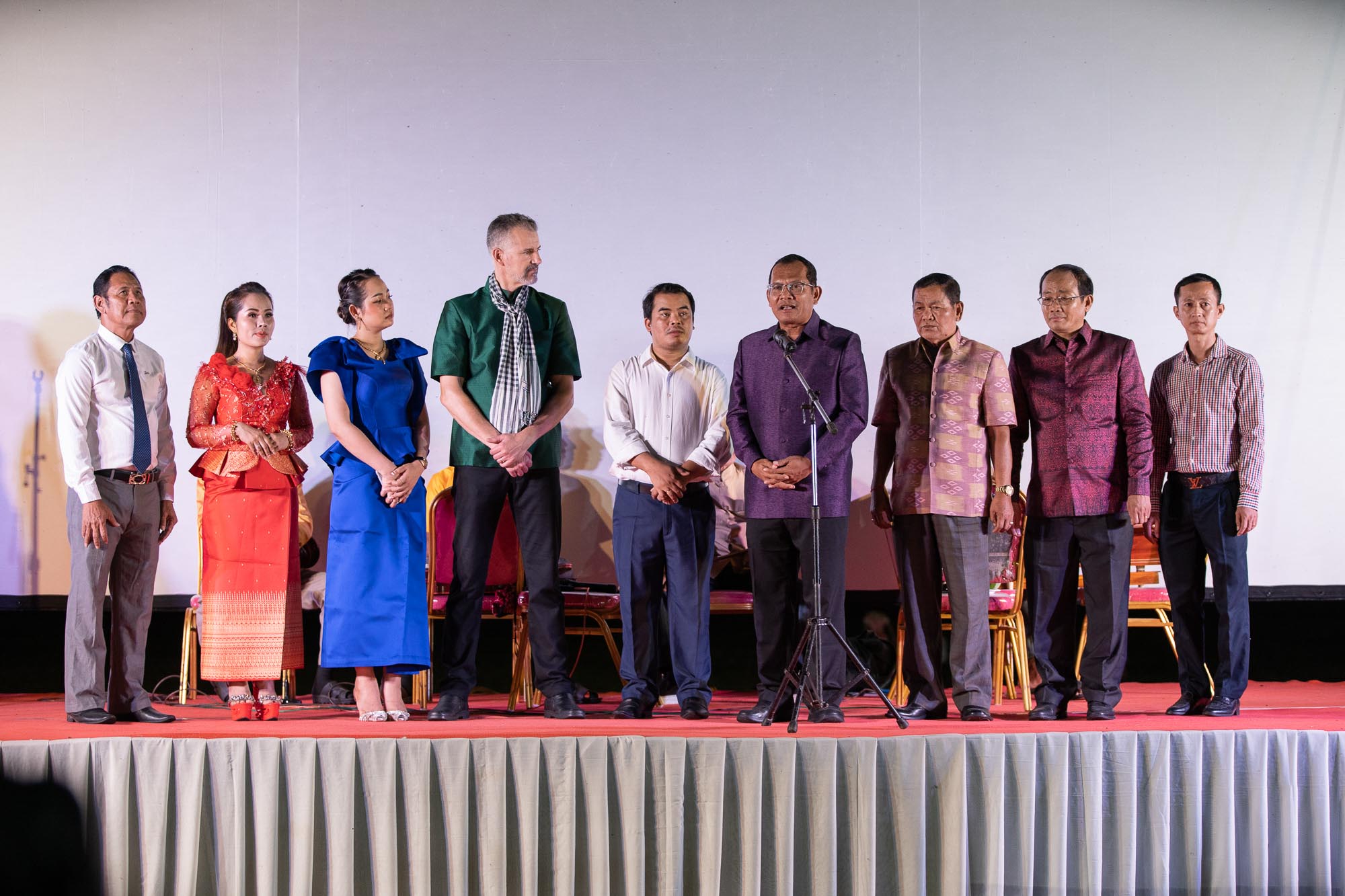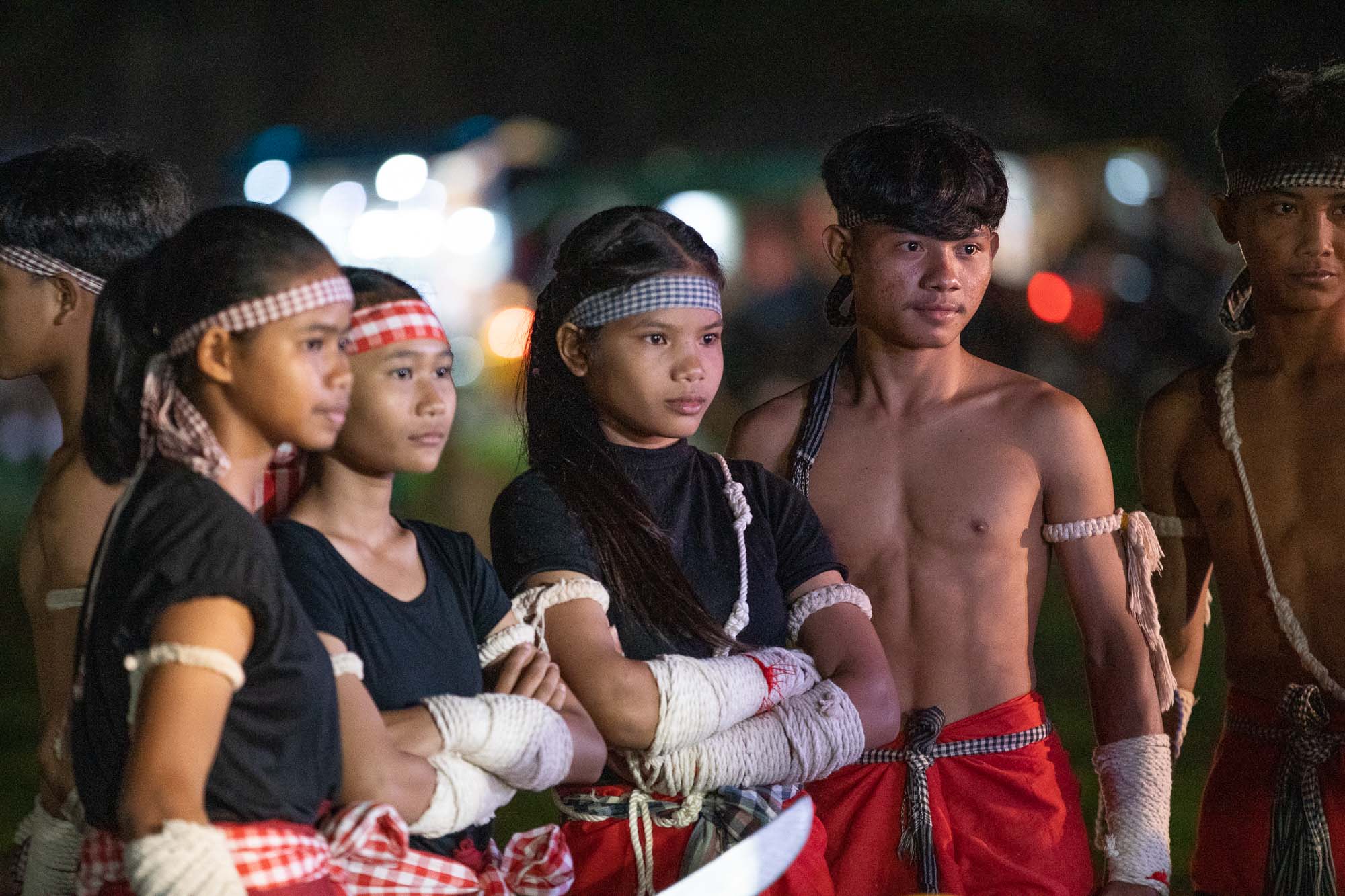PHNOM PENH: ‘Surviving Bokator’ is a nonfiction film by Mark Bochsler who followed Bokator masters and their students over a five-year journey to revive Cambodia’s ancient martial art. Bochsler first started filming in 2010 and is now ready for Cambodia to see his film.

Mark Bochsler is a Canadian filmmaker who fell in love with Cambodia and the country’s rich culture. Back in 2010, he decided that he wanted to show a side of Cambodia that the world did not know much about, aside from the famous Angkor Wat temple, the brutal history of the Khmer Rouge regime and the Killing Fields. When he first met with Bokator Grandmaster San Kim Sean, he knew that that was the story that he wanted to tell.
“I wanted to, through the film, basically take [Western] audiences into this world that is under-discovered," he said. "[It is a] story of lost culture, experienced through the people who have lost [this] culture, and [who are] doing everything that they can, on the grassroots level, to bring it back.”

For five years, Bochsler followed Grandmaster San Kim Sean as he rallied with the other Bokator Grandmasters to revive the ancient martial art. He followed their academy which has a growing number of students, and the financial struggles they went through while slowly starting to regain popularity with the masses and abroad.

Bochsler said he took three years to edit the film because he found it difficult to decide what to keep and what to leave out, especially since he really valued the time everyone he met took out to take part in his film over the course of those five years. He wanted to make sure that the film would be widespread and especially well-known in Cambodia.
As the film is a documentary, or what his marketing advisor refers to as a ‘nonfiction film,’ Bochsler thought international film festivals would create sufficient buzz to help propel the film forward in Cambodia. The film has won a number of international awards since 2018. Bochsler planned to release the film in Cambodia in 2020, but the Covid-19 pandemic interrupted all plans.

After the world began to reopen again under the ‘new normal’ of the pandemic, Bochsler and his team began to plan once more on a new release date. Recently, ‘LBokator’, widely known as Bokator, was also inscribed onto UNESCO’s Intangible Cultural Heritage of Humanity List. In addition, the Ministry of Culture invited ‘Surviving Bokator’ to become the first international nonfiction film to screen at the Angkor Wat Temple Complex.
“We just had this amazing screening at Angkor Wat. It is historical because it was the world’s first international nonfiction film to screen at Angkor Wat Temple Complex," he said. "The only international film to have done that was ‘First They Killed My Father’ from Angelina Jolie. So for us, that’s amazing. We were invited by the Ministry of Culture to come and do that, and it really speaks to the importance that the Ministry sees in this film and in making it available. It was a free show for the Cambodian people.”

As much as he wanted to release the film immediately after the free screening at Angkor Wat, Bochsler also understood the importance of making the film accessible to as many people as possible, because around half the film is spoken in English and features Khmer subtitles. He wanted to have the film fully dubbed in Khmer so he was forced to push the release of his film to the spring instead of early 2023.
“What I came to realize at the public free screening was [the level of people’s attention], [as] the film starts slower, people may lose [attention], especially in a language that they don’t understand – they’re not connecting [with it]," he said. "You can read [the Khmer subtitle], but then some people, if you [screen the film] in the countryside, they can’t read, so it’s important, I think, to make it as assessable as possible."

"[We are doing a] Khmer dub, that way everyone can watch the film. There’s no barrier to people watching the film. The only barrier to watching the film is people’s desire to watch the film.”
As young Cambodians learn more about their history and form their national identities, this film will help push Bokator to the forefront of everyone’s minds as an ancient Cambodian martial art that has survived until now and will hopefully continue to live on through new generations of practitioners.
Keep an eye out for the exclusive full interview with ‘Surviving Bokator’ director, Mark Bochsler, on EAC News in the coming week.




























